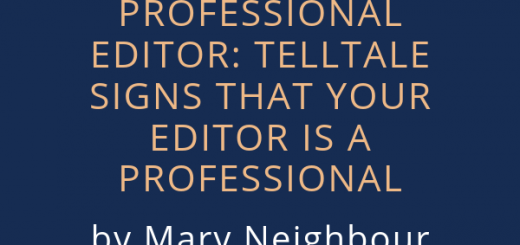5 Ways to Master Your Inner Critic
Do you ever wonder if your inner critic will leave you alone? You know the voice I mean. The one who always tells you that what you write is shlock and sounds like your 9th grade writing teacher. (Okay, that’s what my inner critic often sounds like.) She or he tells you that your grammar is all wrong, that you’ve made a poor word choice, or that you topic is just so unoriginal and uninspiring. Well, what are you going to do? You’re going to call inner critic busters, and do these five steps.
1. Befriend your inner critic
Yes, that’s right. You’re going to take 15 to 20 minutes to free write and interview your inner critic. Interview her and ask for name, purpose for showing up in your life, and what it gets out of taking up space in your head and heart.
Once you know why she’s there, strike a bargain, because guess what? You actually need your inner critic, just not when you write your first drafts. So you’re the boss. You get to lay down then ground rules. Which brings us to Step 2.
2. Give Your Critic Something to Do
What does that mean? It means that while you are writing your first draft, do things that can distract that part of your mind that needs to be doing something, anything that is linear, counting oriented, or detail oriented, which is great for editing but not for the outpouring that is first draft writing.
Some of the ways I distract my inner critic:
- Write in a busy café.
- Play music.
- Decide I will publish this blog post or piece I’m writing and tell my subconscious mind to scout for the how to on that.
- Tell my critic that I’ll get to edit later, at a specified time.
- Give myself a timed-writing session to lessen the editors pressure on me.
3. Edit!
Yes, give your inner critic time to come out and play. Roll up your sleeves and dive in. Once your first draft is done! Have a dictionary and thesaurus handy and any other reference tools you may need. Surf the ‘net for references of the exact name of that red wagon, or the exact year hot air ballooning started, then come right back to your writing and edit and revise some more.
4. Re-Read Your Work Out Loud
This serves two functions. One, you validate the inner critic and two, you validate the creative mind.
5. Thank Your Inner Critic
Yes, thank him or her. And, for that matter, thank your creative self. Why? Even though the inner editor or critic can be harsh and inappropriate, until we train her to behave, she serves an important function in our lives. That of keeping us safe. We need to validate her for doing a good job on our writing. And thank the muses of course, without which you could not be a writer. Amen.
Happy Writing and Editing!
PS. You can find more tips like this in the e-book, Overcome Writer’s Block: 10 Writing Sparks to Ignite Your Creativity
© 2009 Beth Barany All Rights Reserved







